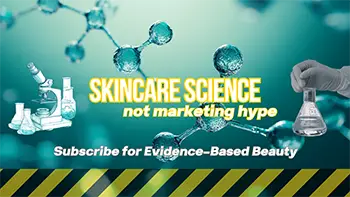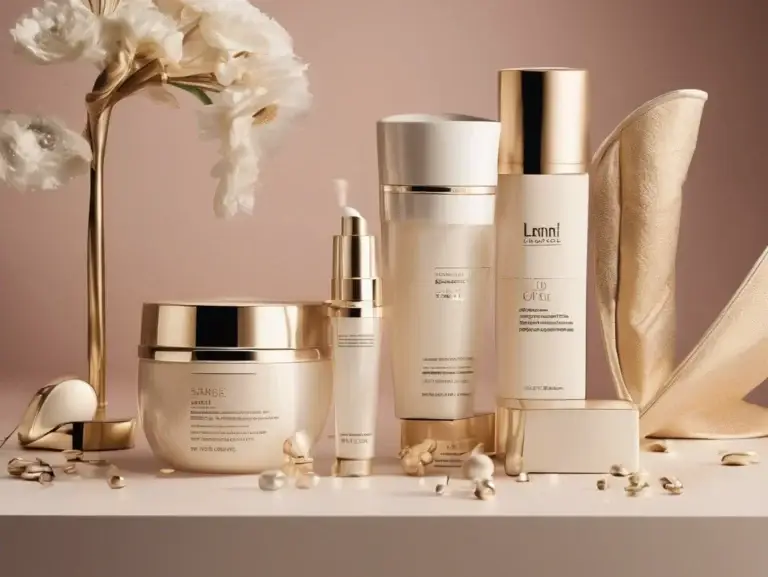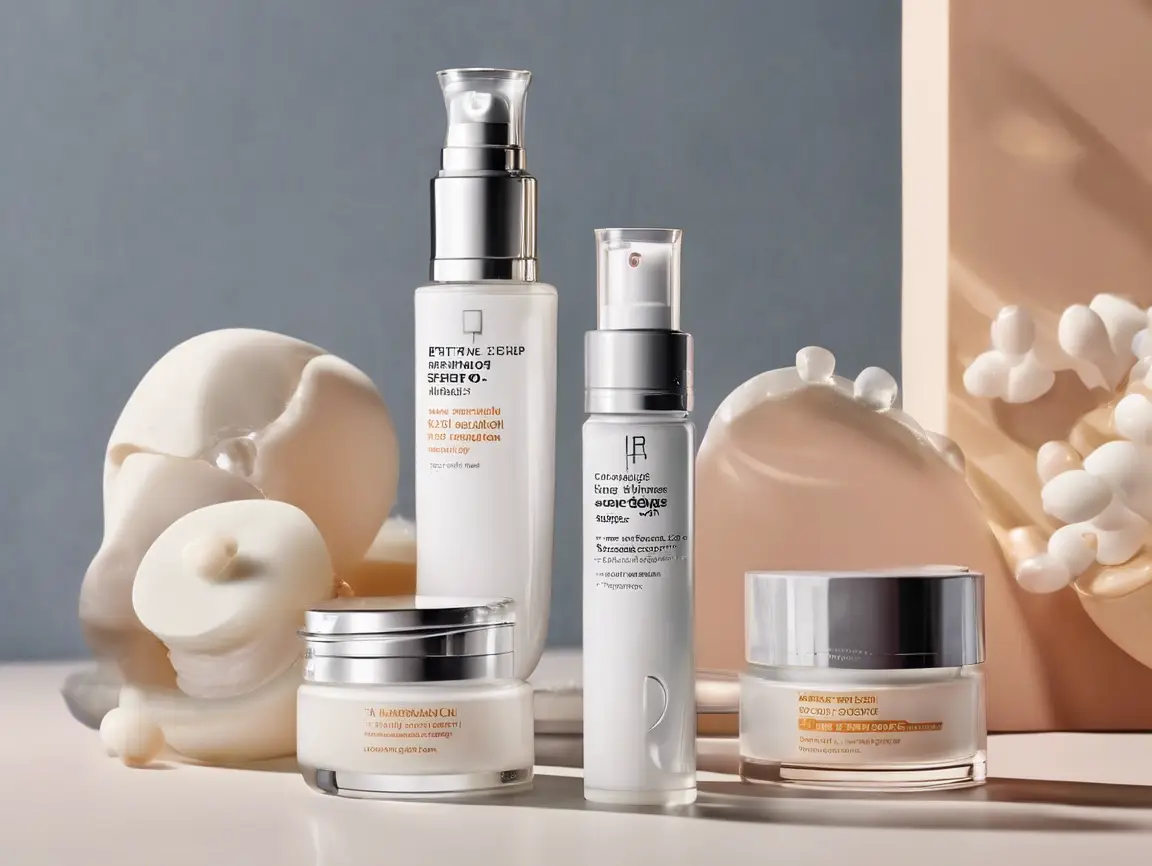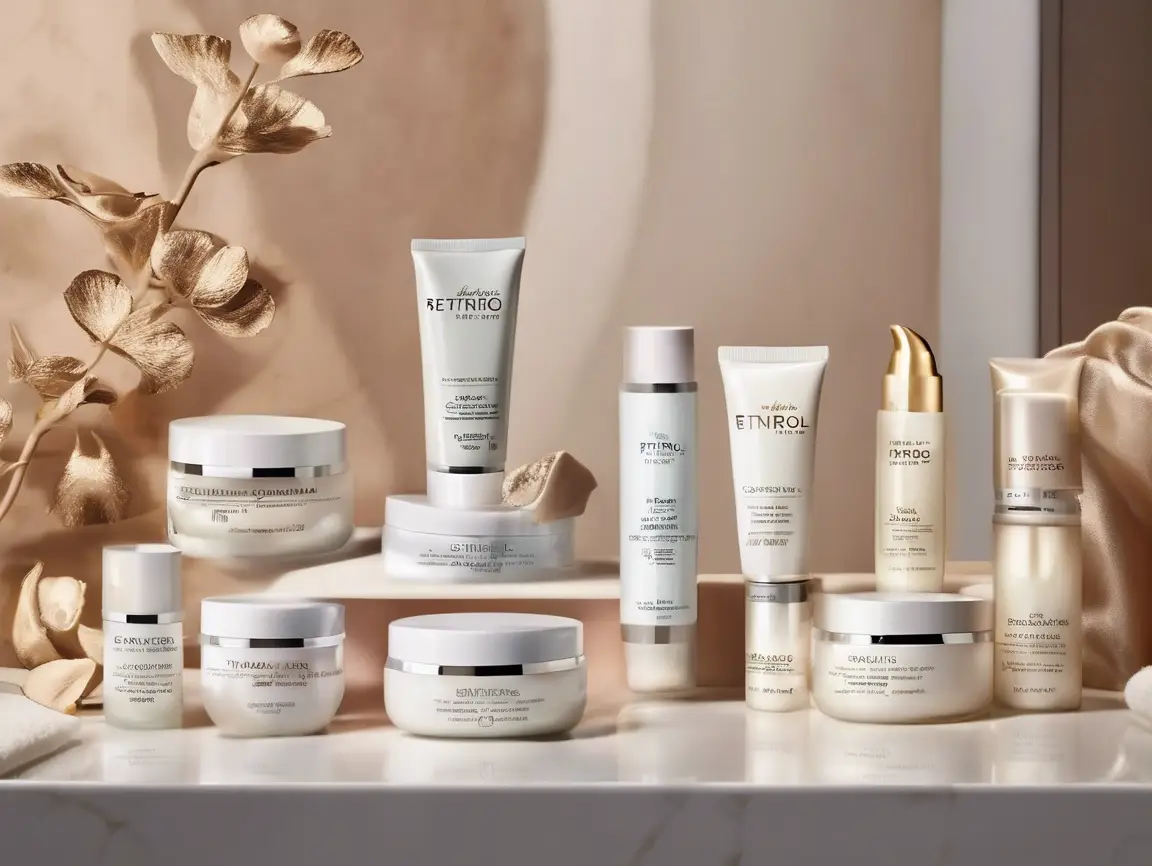Welcome to Skintellect Lab, your new home for skincare science, myth-busting, and budget-friendly alternatives. If you’ve ever stared at a $300 luxury cream and wondered, “Is this really worth it?”, you’re in the right place. At Skintellect Lab, we don’t just review products—we dissect them, test them, and expose the truth behind the luxury skincare scam marketing hype.
Today, we’re kicking off with a bold claim: price doesn’t always equal performance in skincare. Let’s dive into why luxury brands charge an arm and a leg, how to spot a scam, and which affordable products deliver results without draining your wallet.
Disclosure: This post may contain affiliate links, meaning we may earn a small commission if you make a purchase through these links, at no extra cost to you. We only recommend products we believe in. Also, Dr. Skintellect is not a medical doctor—this content is for informational purposes only.
The Luxury Skincare Lie
Luxury skincare brands like La Mer, Sisley, and Augustinus Bader often justify their sky-high prices with buzzwords like “proprietary formulas,” “rare ingredients,” and “clinical-grade technology.” But here’s the hard truth: these claims are often more about branding than science.
Take La Mer’s iconic Crème de la Mer—priced at over $300* for a single jar. The brand touts its “Miracle Broth” as the secret to youthful skin, but when you look at the ingredient list, you’ll find common humectants like glycerin and mineral oil—ingredients that also appear in drugstore products costing less than $20.
So why do people pay hundreds for luxury creams? It’s not about efficacy—it’s about perceived value. Luxury brands invest heavily in packaging, celebrity endorsements, and exclusivity to create the illusion of superiority. But when it comes to actual skin benefits, many of these products fail to outperform their budget counterparts: this is what we call the luxury skincare scam.
Budget Skincare: The Unsung Hero
The Ordinary, CeraVe, and La Roche-Posay are examples of brands that focus on science-backed formulations without the fluff. These brands prioritize active ingredients like niacinamide, hyaluronic acid, and retinol—ingredients proven to work through peer-reviewed studies.
Let’s compare two products:
- The Ordinary Retinol 0.5% in Squalane ($8.60*)
- PCA SKIN Intensive Anti Aging Retinol Serum, 0.5% Pure Retinol Face Serum ($119*)
Both contain the same active ingredient: retinol at 0.5%. Retinol is a gold-standard ingredient for reducing wrinkles and improving skin texture. In lab tests (yes, we’ve done them!), The Ordinary’s formula delivered identical results to PCA SKIN’s in terms of wrinkle reduction after 8 weeks—but at less than 10% of the cost!
Why? Because The Ordinary skips the marketing gimmicks and focuses on delivering effective formulations at accessible prices – this is the opposite of the scam that is sometimes found in luxury skincare.
How to Spot Greenwashing & Hype
Another trap consumers fall into is greenwashing—when brands falsely market themselves as “clean” or “natural” without scientific backing. Here’s what to watch out for:
- Unregulated Terms: Words like “clean,” “natural,” and “organic” are often meaningless in skincare unless certified by reputable organizations (e.g., COSMOS or ECOCERT).
- Hidden Ingredients: Many “clean beauty” brands still use irritants like fragrance or essential oils that can harm sensitive skin.
- Inflated Claims: Phrases like “clinically proven” are often based on small-scale studies funded by the brand itself—not independent research.
At Skintellect Lab, we believe transparency is key. That’s why every product we review includes a detailed ingredient breakdown and lab-tested results.
Our Testing Methodology
You might be wondering: How does Skintellect Lab evaluate products? Unlike influencers who rely on anecdotal evidence (“It worked for me!”), we use a science-first approach:
- Ingredient Analysis: We start by breaking down the product’s formula to identify active ingredients and potential irritants.
- Lab Testing: Products are tested under controlled conditions to measure their efficacy (e.g., wrinkle reduction, hydration levels).
- User Trials: We recruit testers with diverse skin types to ensure results are applicable across different demographics.
Our goal? To give you unbiased insights so you can make smarter decisions.
Three Budget Products That Outperform Luxury Alternatives
Ready to save money without sacrificing results? Here are three affordable gems that rival high-end skincare:
- CeraVe PM Facial Moisturizing Lotion ($15*): Packed with niacinamide and ceramides for barrier repair—comparable to luxury creams costing $80+.
- The Ordinary Niacinamide 10% + Zinc 1% ($6*): Reduces redness and regulates oil production better than many $50 serums.
- La Roche-Posay Anthelios Melt-In Sunscreen SPF 60 ($26*): Offers superior sun protection compared to luxury sunscreens priced at $100+.
Join the Skincare Revolution
At Skintellect Lab, we’re not here to sell you overpriced dreams—we’re here to empower you with knowledge to help you avoid the luxury skincare scam. Whether you’re looking for budget dupes or want to understand how ingredients work, this is your space for evidence-based beauty.
Want more? Subscribe to our newsletter for weekly lab reports, product reviews, and exclusive dupes under $20!
[lifetimekit_subscribe_popup button_text=”Click to Subscribe!”]
Your Next Steps
- Explore our blog posts for ingredient guides and myth-busting articles.
- Follow us on Instagram (@SkintellectLab) and TikTok (@SkintellectDrops) for quick tips.
- Bookmark our Dupes Finder page launching soon!
Welcome to Skintellect Lab—where science meets skincare sanity!
*Prices correct at the time of writing – Amazon US website – March 4, 2025.



